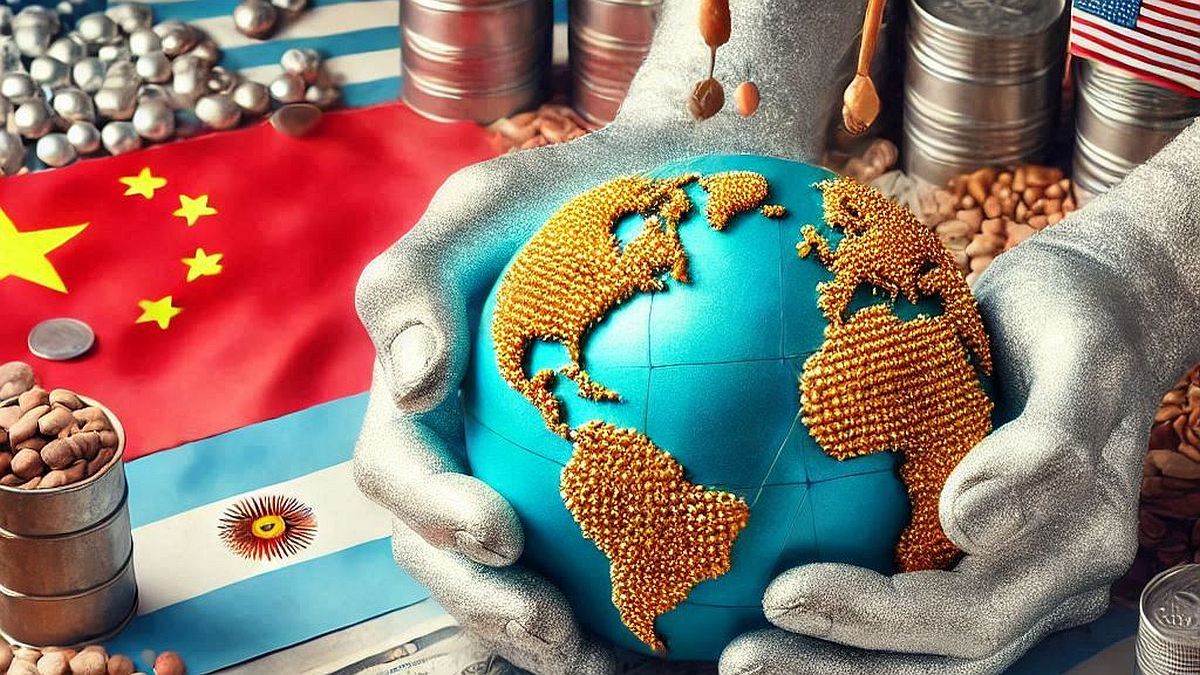I have been working in the news industry for over 6 years, first as a reporter and now as an editor. I have covered politics extensively, and my work has appeared in major newspapers and online news outlets around the world. In addition to my writing, I also contribute regularly to 24 Hours World.
Menu
US election campaign: That’s why Harris needs black voters in the swing state Georgia
Categories
Most Read
Friedrich Merz and the AfD: Fight instead of firewall
October 20, 2025
No Comments
Ukraine war: Lavrov and Rubio prepare presidential meetings
October 20, 2025
No Comments
Contested Donbass region: Trump wants to freeze the front line in Ukraine – Kremlin is slowing down
October 20, 2025
No Comments
CDU strategy meeting: Merz declares war on the AfD – and sticks to the cityscape sentence
October 20, 2025
No Comments
Middle East: Despite the ceasefire: more incidents in the Gaza Strip
October 20, 2025
No Comments
Latest Posts

China displaced Brazil as the main trading partner for the first time in almost three years: what were the causes?
October 21, 2025
No Comments
The trade balance data for September revealed the surprise that China displaced Brazil as the main trading partner, something that has not happened since November

Soccer: Japan would leave the Asian confederation and create a new one in the east of the continent
October 20, 2025
No Comments
October 20, 2025 – 20:48 The JFA is considering leaving the AFC due to alleged favoritism towards the Gulf countries. The project contemplates adding South

Sweden: Football dwarf Mjällby AIF sensationally becomes champions
October 20, 2025
No Comments
PierceI am Pierce Boyd, a driven and ambitious professional working in the news industry. I have been writing for 24 Hours Worlds for over five
24 Hours Worlds is a comprehensive source of instant world current affairs, offering up-to-the-minute coverage of breaking news and events from around the globe. With a team of experienced journalists and experts on hand 24/7.

